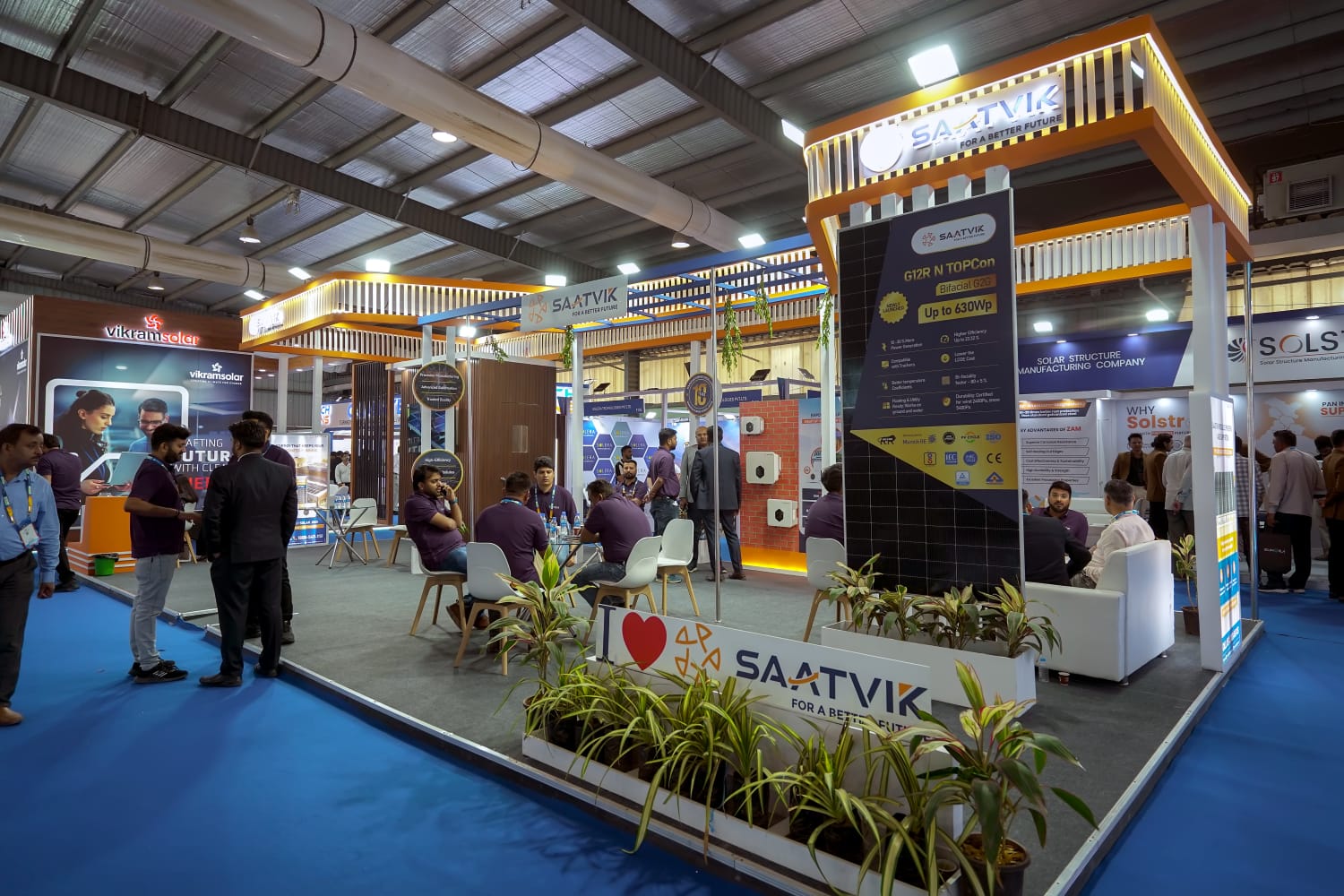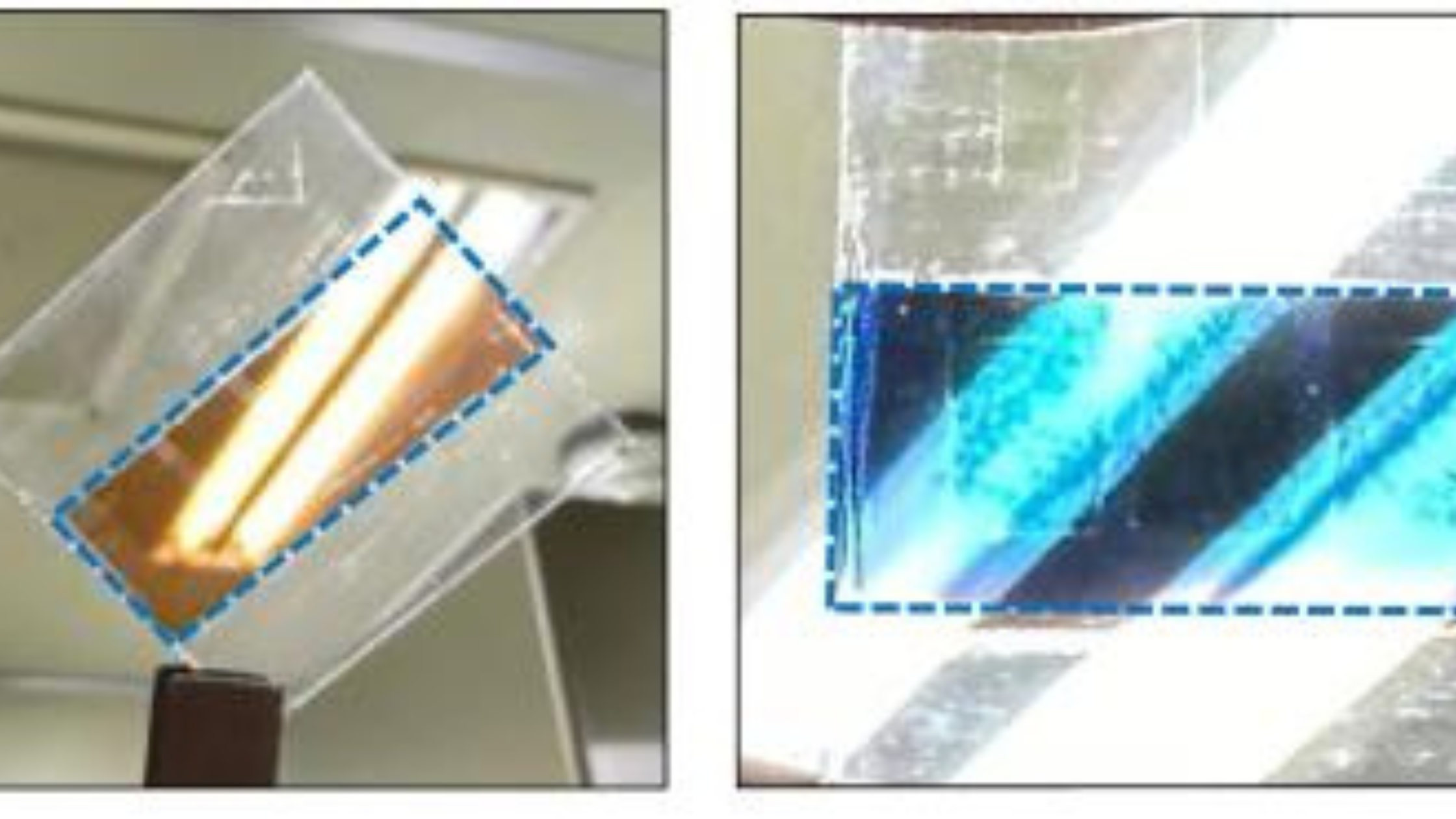
The case of Green Infra Wind Solutions Limited versus the Andhra Pradesh Electricity Regulatory Commission (APERC) and others highlights a significant regulatory debate in India’s renewable energy sector. At the core of the appeal is the APERC’s decision to retrospectively adjust tariffs for wind power projects by factoring in the Generation Based Incentive (GBI) provided by the central government. This decision has implications for power purchase agreements (PPAs), investor confidence, and the overall regulatory framework governing renewable energy.
The Generation Based Incentive scheme, introduced by the Ministry of New and Renewable Energy in 2009 and extended in 2013, aimed to promote wind energy by offering an incentive of ₹0.50 per unit of electricity fed into the grid. This benefit was explicitly stated to be over and above the tariffs determined by state regulatory commissions. However, the APERC’s 2018 order mandated the deduction of this incentive from the generic preferential tariff determined earlier for wind power projects in Andhra Pradesh. The tariff, originally fixed at ₹4.84 per unit for a 25-year period, was challenged by the appellant on the grounds of unilateral amendment of concluded PPAs and potential violation of statutory rights.
The APERC justified its decision by invoking Regulation 20 of its 2015 regulations, which stipulates that any incentive or subsidy availed by power generators must be factored into tariff determinations. It argued that the omission of the GBI benefit from earlier tariff orders was inadvertent and needed correction to align with the regulations. The commission further contended that allowing wind generators to retain both the full tariff and the GBI would amount to unjust enrichment and could undermine equity among generators who opted for different schemes, such as accelerated depreciation.
The appellant, however, argued that the APERC lacked the jurisdiction to amend tariff orders retrospectively, especially after these orders had attained finality and were incorporated into binding PPAs. They contended that the commission’s decision violated principles of promissory estoppel and legitimate expectation, as the GBI scheme was designed as an additional benefit for renewable energy projects. Furthermore, the appellant highlighted that the APERC’s order disrupted the financial viability of projects, potentially deterring future investments in the sector.
The legal and regulatory complexities of the case were amplified by conflicting interpretations of the Electricity Act, 2003, and the 2015 APERC regulations. While the APERC maintained that it retained the power to review and amend tariff orders in public interest, the appellant emphasized the sanctity of concluded contracts and the regulatory certainty essential for attracting investments in renewable energy.
The appellate tribunal’s decision in this case could set a precedent for similar disputes across India, where state regulatory commissions and renewable energy developers often face disagreements over tariff adjustments, policy interpretations, and contractual obligations. The broader implications of this case extend to investor confidence, the stability of India’s renewable energy policies, and the country’s ability to achieve its ambitious clean energy targets.
This legal battle underscores the need for clear, consistent, and forward-looking regulatory frameworks that balance the interests of investors, utilities, and consumers while promoting renewable energy development. It also highlights the challenges of integrating central government incentives with state-level tariff structures, a critical issue in India’s federal governance of electricity.













